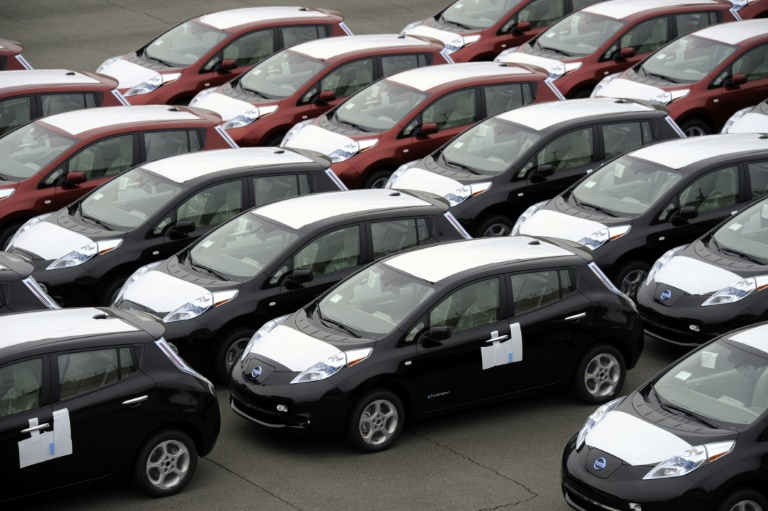Nissan has announced plans to cease production at its Oppama plant in Japan by the end of its fiscal year 2027, following a significant financial downturn. The automotive manufacturer reported a net loss of 671 billion yen (approximately $4.5 billion) last year, prompting a strategic overhaul that includes cutting 15 percent of its global workforce.
The Oppama facility, located just outside Yokohama, has been operational since 1961 and currently employs around 3,900 workers. The plant has been recognized as a key site for advanced vehicle production, including the Nissan LEAF, which is considered the world’s first mass-market electric vehicle.
Production Shift and Strategic Changes
In a statement, Nissan confirmed that production at the Oppama plant will shift to another existing facility on the southern Japanese island of Kyushu. This move is part of a larger plan to consolidate vehicle production operations from 17 to 10 plants by the end of fiscal year 2027. The decision reflects the company’s ongoing efforts to streamline operations amid a challenging business landscape.
Nissan’s struggles have been compounded by its heavily indebted status and the recent collapse of merger talks with Japanese rival Honda. These discussions ended when Honda proposed making Nissan a subsidiary, a suggestion that was not well received. This potential merger had been viewed as a possible lifeline for Nissan, which has faced considerable challenges since the arrest of former chairman Carlos Ghosn in 2018.
Market Pressures and Future Strategies
The automotive industry is currently facing intense competition, particularly from Chinese electric vehicle manufacturers. Nissan’s vulnerability is evident, as it has been rated as junk status by credit agencies like Moody’s, which cited the company’s “weak profitability” and an “ageing model portfolio.”
In light of these pressures, Nissan recently postponed plans to develop a $1 billion battery plant in southern Japan, a decision attributed to the tough “business environment.” Additionally, the company is particularly exposed to the impact of U.S. tariffs on Japanese automobile imports, with analysts noting that Nissan’s consumer base has historically been more price-sensitive compared to its competitors.
Looking ahead, there may be potential opportunities for Nissan through collaborations. Taiwanese electronics giant Foxconn, known for assembling iPhones, has expressed interest in acquiring Renault’s stake in Nissan. Such a partnership could provide Nissan with much-needed support as it navigates this challenging period in its business history.
As Nissan embarks on this significant restructuring, the impact on its workforce and production capabilities will be closely watched, with the company aiming to stabilize its operations and regain profitability in the coming years.
